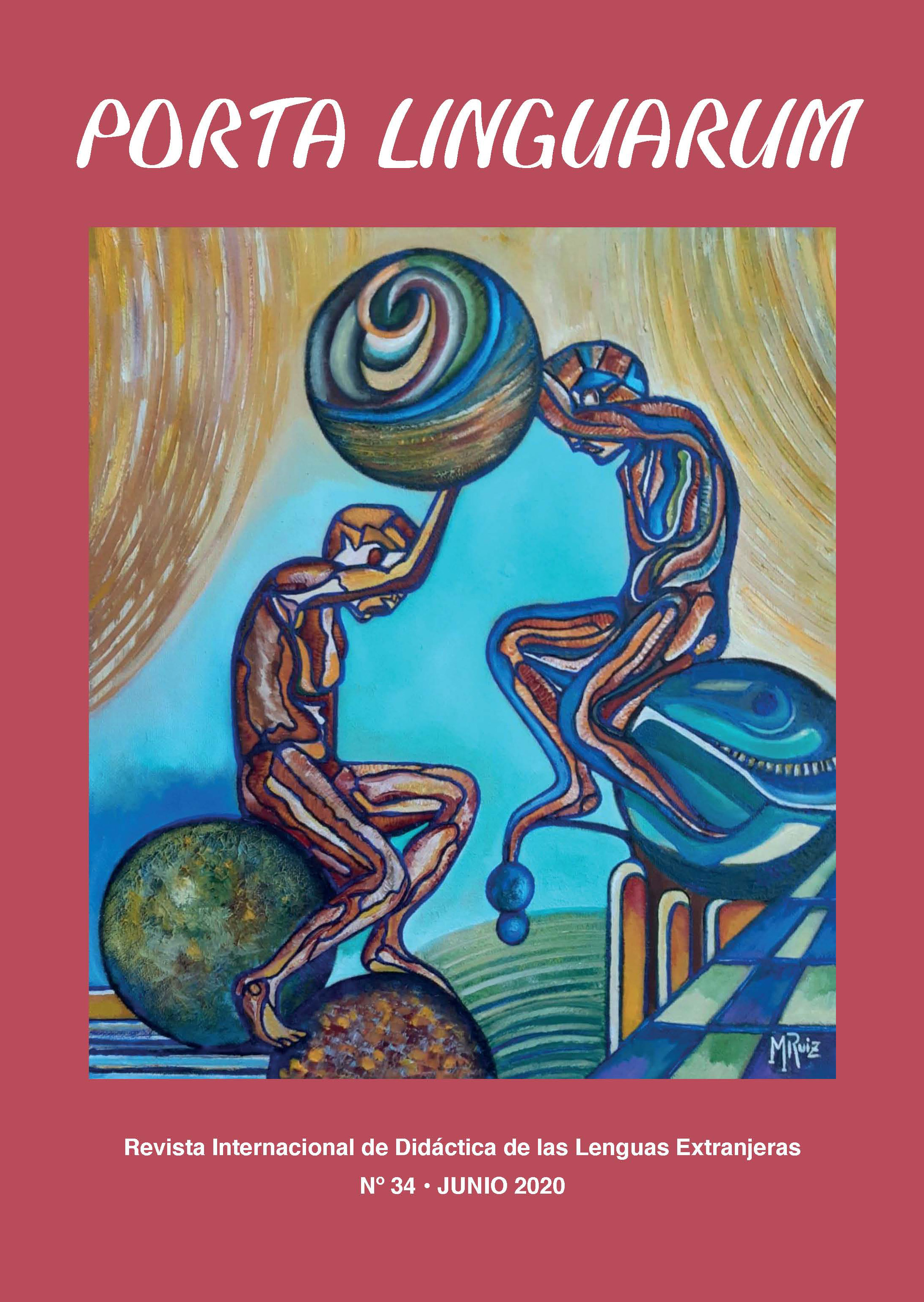Critical approach to intercultural education and foreign language learning and teaching: neoliberal gender ideologies in textbooks of Spanish as a foreign language
DOI:
https://doi.org/10.30827/portalin.vi34.16733Keywords:
intercultural language education, neoliberalism, gender ideologies, E/LE, contextualized knowledge constructionAbstract
In line with the understanding of the role of critical pedagogy in intercultural
language education, in this paper we focus on critical discourse and sociolinguistic analysis
of contemporary textbooks of Spanish as a Foreign Language (SFL). We search for neoliberal
gender ideologies in educational discourses targeting international audience of students
of SFL. Even though new textbooks are said to promote the “feminization” of educational
contexts (Gray 2010), we interpret them as sources of latent hegemonic influences favoring
highly regulated and standardized neoliberal capitalist worldviews toward gender. Based
on previous research of textbooks of SFL (Bori 2018; Kuzmanović Jovanović 2016), we
herein present results of an instrumental qualitative case study (emancipatory focus group research) taking a critical stand toward neoliberal gender ideologies among predominantly female university students of Spanish at the Faculty of Philology, University of Belgrade who are exposed to the above outlined teaching and learning materials. Our objective is to create a new educational space in our SFL classrooms in which contextualized knowledge construction takes place leading to the maturation of SFL users and teachers, who are “capable of changing their reality in ways related to formal and informal educational settings” (Filipović 2015: 105).



















